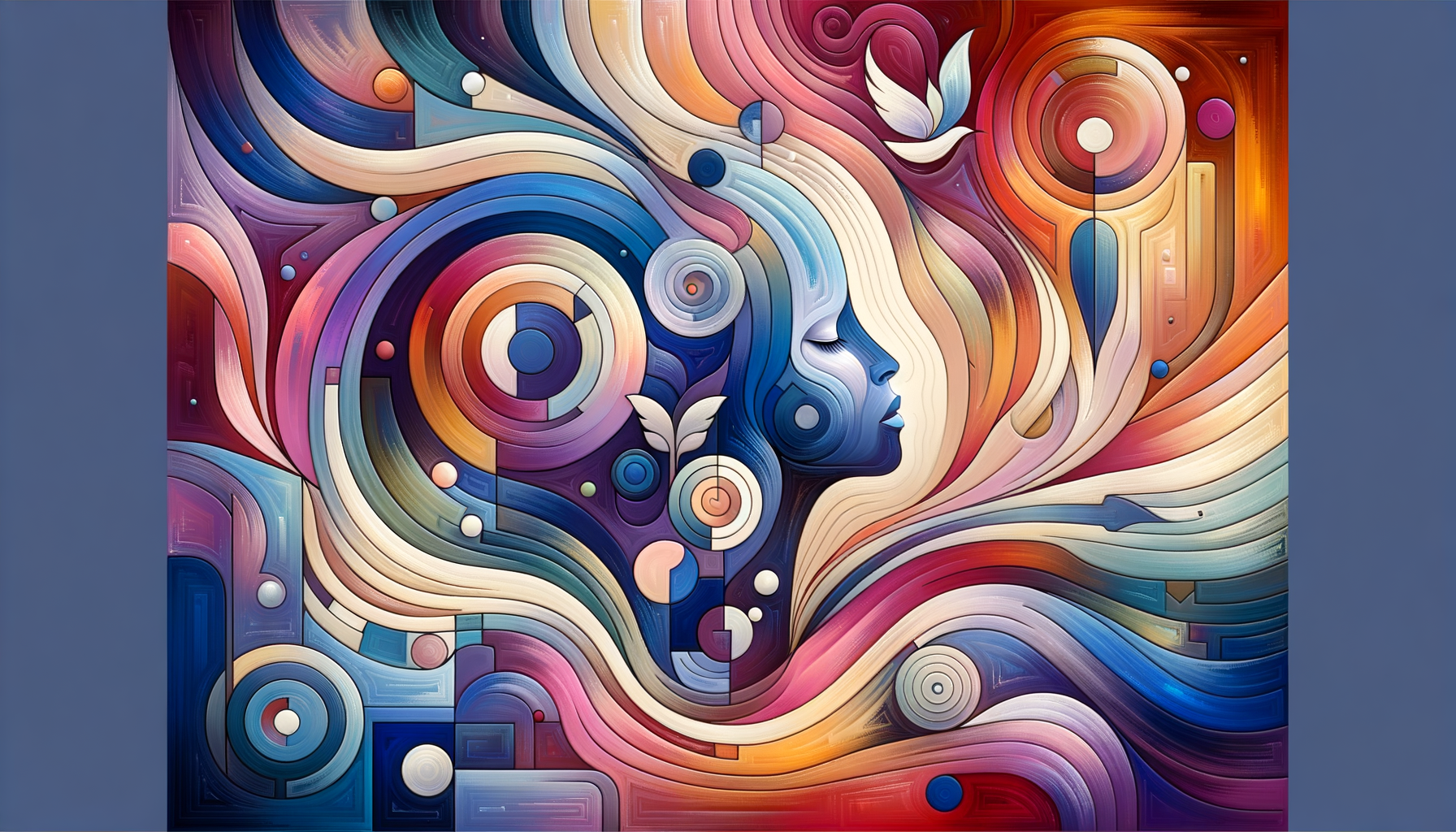I grew up believing my family had the perfect love story. My mom, a timeless beauty with auburn hair that seemed to catch the Montana sunrise just right, and my dad, the kind of man who could chop firewood in the morning and read Dickinson by the fireplace at night. Whenever someone asked how they met, they’d launch into a well-worn tale: he’d been helping his brother repair a fence on the neighbor’s property when he spotted her riding horseback in the distance, her hair catching the light, her laugh carried by the wind. “Like something out of a Nicholas Sparks novel,” my mom would say, eyes twinkling. “Except we don’t cry every five minutes!” my dad would add. Every time, without fail, we’d all chuckle, warmed by the glow of their enduring romance.
And for years, I swallowed the story whole. Who wouldn’t want to believe their parents’ love was serendipitous and cinematic? It wasn’t until I overheard my aunt at a family gathering that the groundwork began to crack. “Oh, you know your dad was actually set up on a date with her neighbor first,” she said, her tone like someone spilling tea that’s been steeping far too long. “But then he saw your mom, and, well, things worked out from there.”
Wait. What?
Debunking the Romantic Fable
To say this revelation rattled me would be an understatement. It’s the emotional equivalent of finding out Santa doesn’t exist, though for me, Santa also knew how to shoe a horse and make a mean sourdough starter. Suddenly, the love story I’d modeled all my own expectations on felt…complicated.
At first, I brushed it off. Romantic rewrite, I told myself. They probably just didn’t want to tell their kids about an awkward love triangle involving the next-door neighbor. But the more I thought about it—the discrepancy between the version I grew up with and reality—the more it highlighted something bigger: we all come from “family myths,” these neatly packaged stories that make our lives feel ordered and comprehensible. Yet, like a hand-me-down quilt that starts to unravel at the seams, our myths don’t always hold up under scrutiny. And that’s okay.
Why We Crave Those Myths
The myths we grow up believing about love and relationships shape us more than we realize. They’re like the blueprint for what we think love ought to look like. For me, my parents’ “perfect love story” taught me to romanticize the idea of inevitability—that if something is meant to be, it’ll fall into place like puzzle pieces tumbling off the table and somehow landing in just the right formation.
But real life doesn’t work like that. More often, love is less about divine intervention and more like breaking a colt—it requires patience, effort, and a good dose of humility. My parents’ relationship, too, became richer when I started digging past the myth. It wasn’t all meadow rides and glances across barbed wire fences. They fought, made up, and navigated all-too-human challenges like money troubles and raising three kids while running a ranch. These weren’t flaws; they were proof that their story was real. Messy, unvarnished, and, ultimately, beautiful in its imperfection.
How Family Myths Mess with Modern Dating
The problem comes when these myths leave us ill-equipped for modern connection. We’re out here swiping right and wandering into coffee dates expecting sparks that could light a prairie fire because that’s what we were told love should feel like. When it doesn’t, we walk away, chalking it up to a lack of “chemistry.” But what if we’re wrong?
Here’s where I’ll get up on my Montana-hewn soapbox: love isn’t always instant. It’s not the tumbleweed blowing dramatically across a dusty trail the moment your eyes meet. Sometimes, it starts as the tiniest seed, buried beneath layers of soil, waiting for sunlight and tender care to coax it into growing. When we cling to myths, we risk yanking up that seed before it’s had a chance to bloom because it doesn’t match the story we thought we were supposed to live.
Rewriting Your Own Love Story
So what do you do when you realize your family myth doesn’t entirely hold water—or heck, when it’s sprung so many leaks that it might as well be a sieve? You do what my dad would do with a busted fence: you mend what’s salvageable, replace what isn’t, and let it stand tall. Here’s how to start rewriting:
1. Question the “inevitability” narrative.
Love isn’t just something that happens to you. It’s something you build, brick by brick, nailing in each new beam with intention. If it doesn’t instantly feel like fireworks, that’s okay. Fireworks are great for the Fourth of July, but they don’t heat your house for the winter.
2. Embrace your own messy moments.
My parents’ real story—complete with awkward neighbor date fallout—taught me that imperfection doesn’t disqualify a relationship; it deepens it. Your own mishaps and quirky detours can make your relationship unique.
3. Move at your own speed.
Contrary to what rom-coms and Instagram proposals suggest, there’s no universal timeline for love. If it feels slower than your family’s fairy tale or your best friend’s whirlwind romance, it’s still yours.
4. Let go of other people’s blueprints.
You’re forging your own path here. It doesn’t matter if your parents “locked eyes across a crowded room” or if they connected because your dad was bad at fixing fences—your story doesn’t have to match theirs.
Myth-Breaking Is Empowering
Here’s what I’ve learned: when you stop clinging to family myths, you start discovering something far more powerful—authenticity. It’s liberating to acknowledge that love, in all its forms, is imperfect and unique. My parents’ relationship may not have started exactly the way their storybook version suggested, but the truth is far more inspiring. It wasn’t fate or some pre-ordained moment as the sun dipped below the Rockies; it was two people who saw something good in each other and chose to work at it, day in and day out.
So, if you’re chasing a love story that feels just out of reach, remember this: the best relationships aren’t bound by myth. They’re written in real time, one choice, one act of kindness, one laugh-until-you-sneeze moment at a time. And isn’t that infinitely more romantic?




















